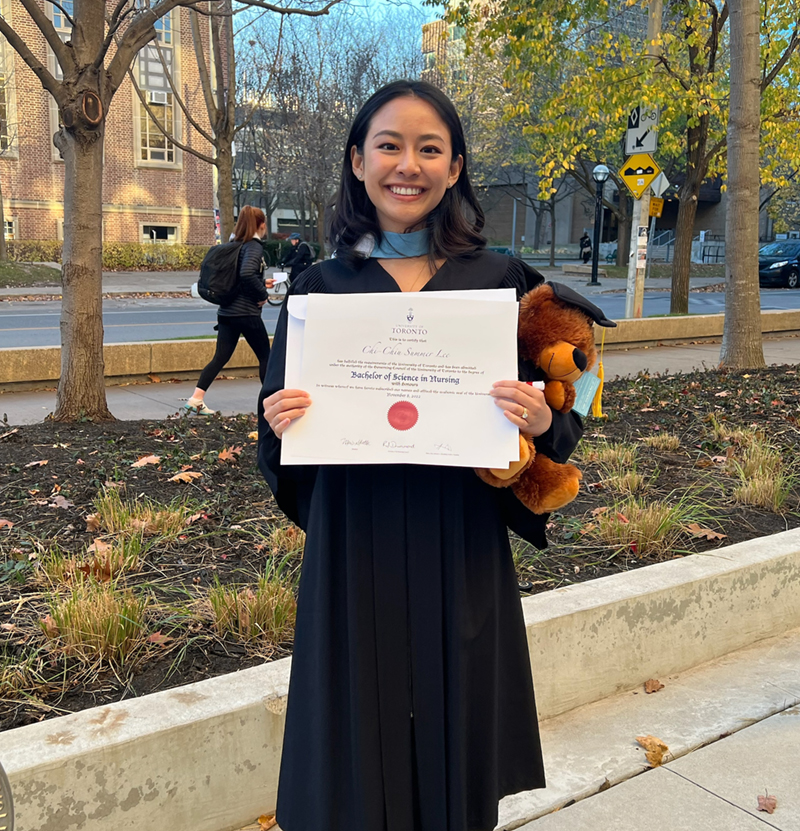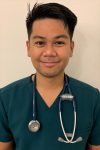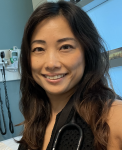Overview
You will learn to integrate knowledge acquired in the program with the practice and theory of advanced nursing practice. A focus on therapeutic management, health promotion, disease/injury prevention, and other decision making, social, and psychological theories will prepare you to provide comprehensive health services to diverse populations in a variety of contexts and practice settings.
The centrality of equity, diversity, inclusion, and Indigenous Reconciliation to NP practice is emphasized in the program. Global Health issues in Canada and around the world, such as the structural conditions that impact equity deserving groups and communities will be examined.
As a PMNP diploma program graduate you will join a growing international cohort of some of the world’s top nursing leaders and have an opportunity to connect with preceptors and mentors directly in the field.
Program Requirements
-
PMNP program is a hybrid online program with courses delivered online, three in-person on-campus residencies, and in-person practicum placements.
-
Virtual classrooms are combined with asynchronous and synchronous activities and discussions.
Practicums take place across four courses in the program. During the practicums, students will work with nurse practitioners in various hospital and community settings a wide variety of settings to learn about and begin to enact the role of a nurse practitioner. Students in the PMNP diploma program will complete all six (6) required courses focused on clinical and practice competencies. Courses are offered once per year and must be taken sequentially.
Upon graduation, students are eligible to write the extended class registration exam approved by their provincial regulatory body. Although our program is recognized by Canadian governing bodies (e.g., College of Nurses of Ontario), students should ensure they are aware of any special provincial or territorial regulatory guidelines.
For further information on completing the requirements for extended class registration please see your provincial or territorial nursing registration body; in Ontario visit the College of Nurses of Ontario website.
Admission Requirements
Candidates are accepted under the general regulations of the School of Graduate Studies. The Post-Master NP program is highly competitive. Meeting minimum admission requirements does not ensure admission to the program. All English facility requirements must be met at the time of application. An interview may be required.
Minimum Admissions Requirements
- Applicants must hold an MN degree or equivalent (MScN, MSN)
- Applicants must have obtained at least a mid-B standing (75% or 3.0 GPA) in the final year of their MN degree AND must have obtained at least a B cumulative standing
- Applicants seeking admission to the Nurse Practitioner field must also have worked a minimum of 3,900 clinical hours as an RN, equivalent to two years experience (placements as part of your BScN and MN degrees do not count)
- Applicants must hold current registration as a Registered Nurse
Admission Interview
An interview with the Admissions Committee may be required. Should this be the case, we will contact you by email to arrange an in-person interview or, if this is not possible, a virtual interview. Interviews may take place any time between February and July.
September 2026 Intake
Applications for the September 2026 intake will be open on November 1 and will be accepted until April 30.
Courses
See yourself in our program

Sandy Robertson
A registered nurse in Timmins Ontario and a member of the Mattagami First Nation, Robertson sees the PMNP program as an opportunity to advance her practice and become a nurse practitioner

Summer Lee
“We are all in this together” – Nursing grad aims to advocate for future nurses

Jinal Patel
A chance to make a difference – New nursing students share inspiration for joining nursing profession
Latest Testimonials
I was impressed by the dedication and expertise of the faculty members. Their commitment to fostering a dynamic learning environment, combined with their wealth of real-world experience, truly set the […]

The first year was hard and busy but transformational. The curriculum provided students with various ways of learning including lectures, online discussions, case studies, and simulation labs. Learning hands-on from […]

Being a Doctor of Nursing student has led me on a journey of intellectual growth and discovery and through rigorous research, collaboration with esteemed peers from across Canada, and mentorship […]

Introduced at a time when learning health systems are unfolding across Canada, Bloomberg’s Doctor of Nursing program has commenced at a perfect time. During this program, I have gained a […]
I chose to attend Bloomberg Nursing at the University of Toronto for graduate studies to engage deeply with leading nurse scholars and learn within a community of emerging nurse leaders, […]

As a student, my most memorable learning experience took place in a second-year class on reflexive nursing practice. Prior to taking this class, I was unaware of reflexive practice and […]

Meet the team
Bloomberg Nursing prides itself on providing our students with expert faculty in the field of nursing innovation and science. You will learn directly from nurses and nurse practitioners with a variety of clinical backgrounds.
Related Programs
Undergraduate
Bachelor of Science in Nursing
Our accelerated, two-year Bachelor of Science in Nursing program opens the door to a long and rewarding career in health care.
Graduate
Master of Nursing
Our Master of Nursing program prepares nurses to be professional leaders in their chosen advanced practice field.
Graduate
Collaborative Specializations for Master’s and Doctoral Students
Providing a multidisciplinary experience that enhances student expertise in their chosen graduate degree.
Graduate
Doctor of Philosophy
Building leaders in nursing science. The PhD program prepares scholars to lead the way in innovative health care policy, practice, and research.
Graduate
Doctor of Nursing
Thesis-based program. Students learn to identify and investigate a challenge in healthcare or nursing education and design implementation and evidence-based strategies to improve outcomes.


